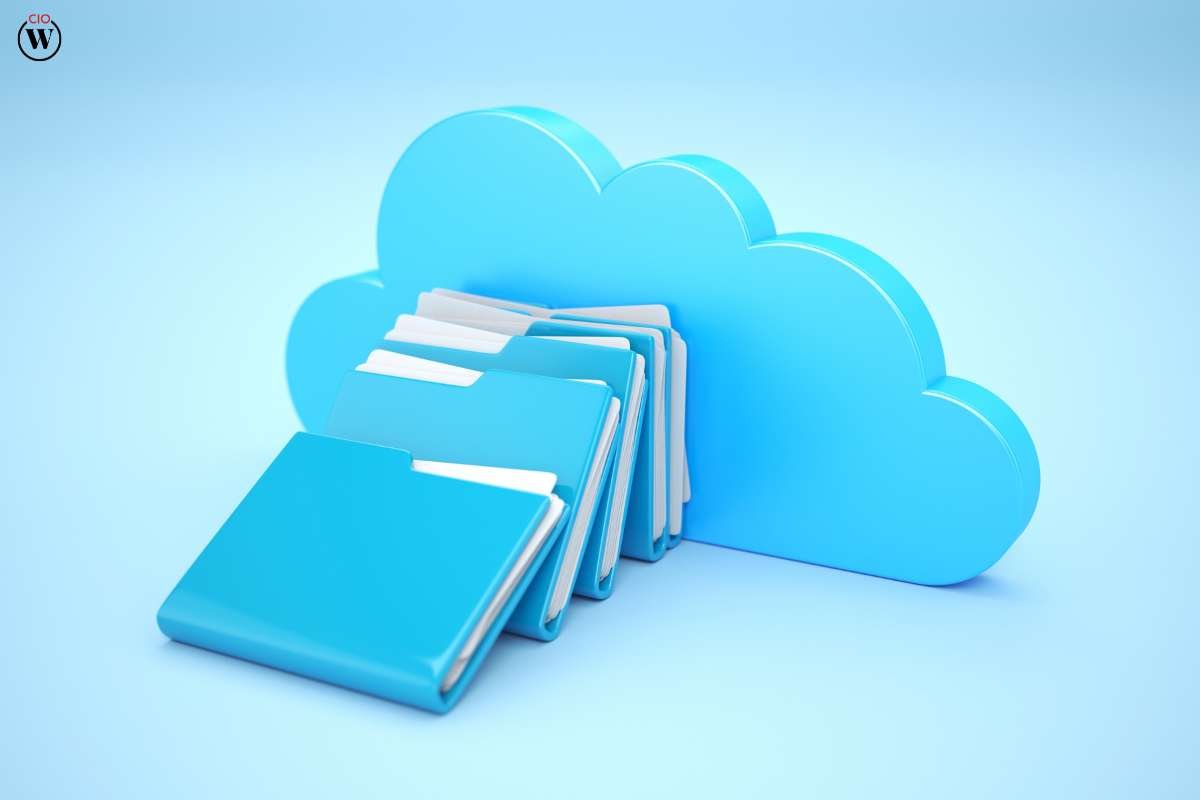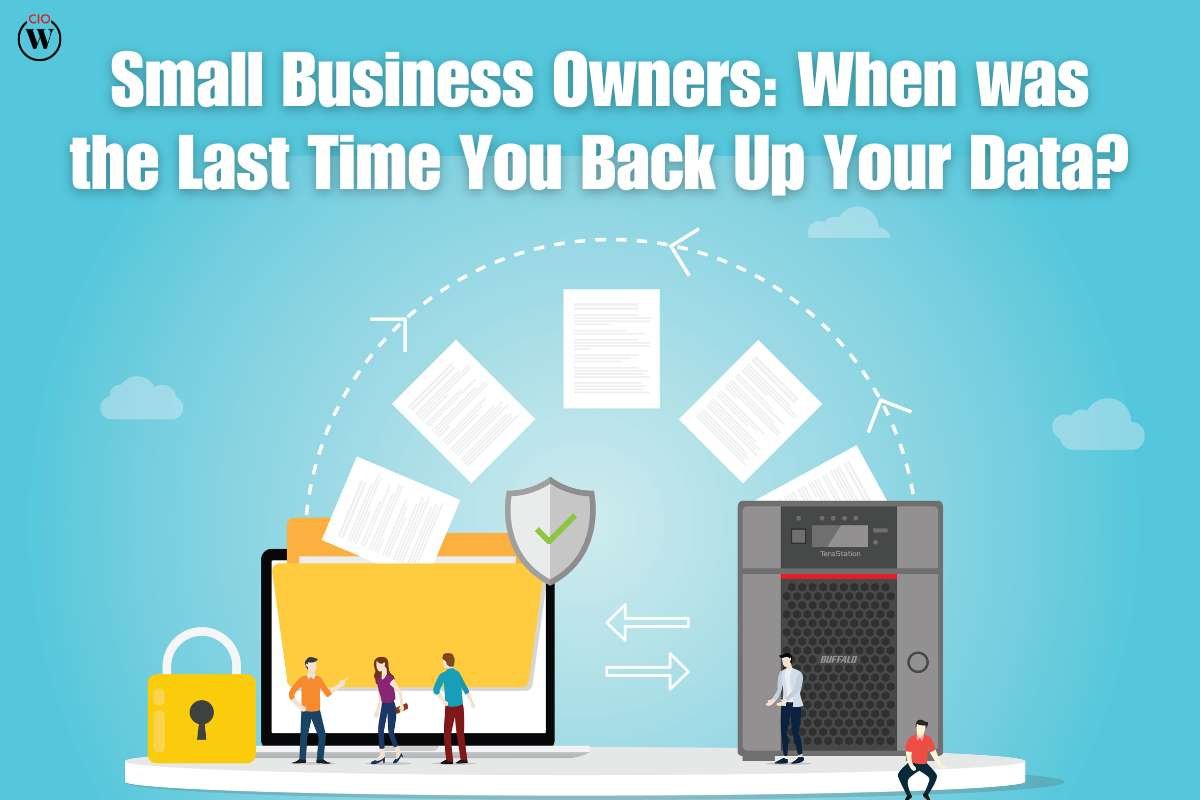Protecting the information you store about your customers and clients is critical to the success of your small company. On the other hand, many owners of small businesses fail to see the need to consistently Data backup for small business owners. The need to regularly back up your data is going to be discussed here, along with some helpful hints on how to do so successfully.
Why is Data backup for small business owners Important?
The need to regularly back up your data may be attributed to a number of different factors for owners of small businesses. These are the following:
Protecting Against Data Loss
Data loss may be caused by a wide range of factors, including malfunctioning technology, mistakes made by humans, malicious cyberattacks, and natural catastrophes. You run the danger of losing crucial data, such as records of your customers and their transactions, financial information, and intellectual property if you do not have a backup of your data. If you lose these records, it might be detrimental to your reputation as well as your finances.
Ensuring Business Continuity

In the event that your company suffers a data loss, it may lead to downtime, which in turn may be damaging to the operations of your company. If you back up your data on a consistent basis, you may assure that in the event of a data loss, you will be able to recover swiftly and keep running your company.
Meeting Compliance Requirements
It is possible that you are obligated to comply with particular standards that demand the backup of data, but this will depend on the industry that you work in. For instance, the General Data Protection Regulation (GDPR) mandates that companies preserve customers’ personal information, which includes creating data backup for small business owners to safeguard against the loss of important information.
How to back up your data effectively?
Depending on the requirements of your company and the size of your budget, you may successfully back up your data in a number of different methods. The following is a list of common backup methods:
1. External Hard Drives
Using external hard drives is one of the most typical forms of data protection used by small organizations. These are portable devices that, once linked to your computer, may be used to store copies of the information you have on your computer. Since it is not too costly and is simple to implement, this strategy is often used by proprietors of smaller companies.
External hard drives, on the other hand, are susceptible to being damaged or stolen, and their storage capacity may not be sufficient for companies that often deal with huge volumes of data.
2. Cloud-Based Backup
The use of cloud-based backup options, such as Google Drive, Dropbox, or OneDrive, is another common and popular form of data protection. With the help of these solutions, you will be able to store your data safely in the cloud and retrieve it using any device that has access to the internet.

Backup solutions that are hosted in the cloud provide a number of advantages, including scalability, accessibility, and automated backup. On the other hand, they could be more costly than external hard drives, and if they are not adequately protected, they might be susceptible to cyberattacks.
3. Network-Attached Storage (NAS)
A network-attached storage (NAS) device is a storage device that connects to your network and allows various devices to use the device. This approach is excellent for companies that have several users that need access to the same data at the same time.
The Network Attached Storage (NAS) system provides a number of advantages, such as scalability, accessibility, and the capability to automate backups. Yet, it may be difficult to utilize efficiently without having sufficient technical knowledge and may be costly to set up and maintain.
4. Managed Backup Services
Managed backup services are supplied by third-party firms that focus on Data backup for small business owners. These companies are known as managed backup providers. These services are able to provide a variety of backup alternatives, such as network-attached storage (NAS), cloud-based backup, and external hard drives.
Expertise, safety, and the ability to back up data automatically are three of the many advantages provided by managed backup services. On the other hand, compared to alternative methods of Data backup for small business owners, they may be more costly and may need a longer-term commitment.
Tips for effective data backup for small business owners;
No matter whatever kind of backup you choose, there are a few things you should keep in mind to guarantee that your backups are both dependable and effective:
1. Schedule Regular Backups
Maintaining consistent backups of your data is very necessary in order to keep your files safe in the event that you suffer a data loss. You could wish to plan backups on a daily, weekly, or monthly basis, depending on the requirements of your company.
2. Maintain Many Copies of Your Information
It is possible to safeguard yourself against the loss of data as a result of malfunctioning technology, theft, or natural catastrophes by storing several copies of your data in various places.
3. Test Your Backups
If you test your backups on a regular basis, you can help to guarantee that they are functioning properly and that they can be utilized to recover your data in the event that it is lost.
4. Use Encryption

Encryption is a useful tool for protecting your data from being accessed inappropriately or stolen by hackers. The encryption of your data is a function that is included in many different backup systems; thus, you should be sure to take advantage of it.
5. Store Your Backups Offsite
It is possible to prevent your backups from being stolen or destroyed by natural catastrophes or other types of physical harm by storing them in a safe, off-site location. To ensure the safety of your backups, you may want to think about employing a cloud-based backup system or a secure data center.
BOTTOM LINE
The protection of your small company should always begin with your data, so be sure to back it up regularly. You may safeguard your company against the risk of data loss, guarantee that business operations will continue as usual, and satisfy compliance requirements if you back up your data on a regular basis and adhere to best practices for efficient backup.
If you want to guarantee that your data is adequately preserved, you may want to think about using a mix of several Data backup for small business owners techniques, such as cloud-based backup, managed backup services, and external hard drives. Furthermore, don’t forget to set up a regular backup plan, test your backups on a regular basis, and store your backups in a safe place that is not on your local network.
You can secure your company and guarantee that you will be able to recover swiftly in the event that you suffer a data loss if you place a high priority on Data backup for small business owners.









